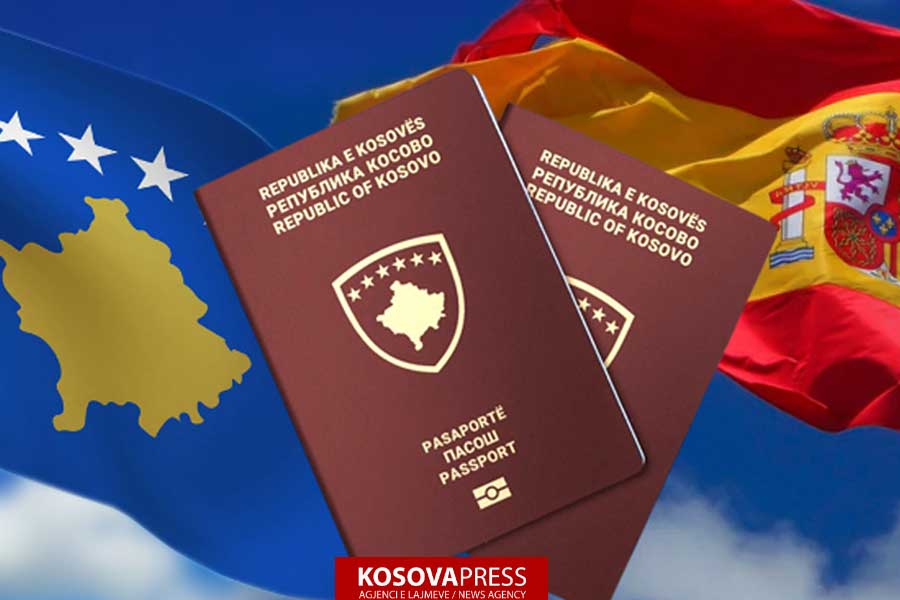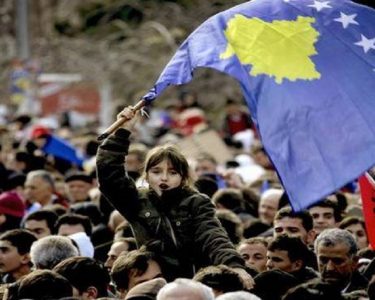Spain’s Foreign Ministry said Monday that Kosovar citizens would have trouble legally visiting it and other Schengen countries that do not recognize Kosovo’s independence, if they did not agree to recognize the ordinary Kosovar passport.
“All Schengen [Zone] countries that do not recognize [Kosovo] have accepted the use of ordinary Kosovar passports. This, in no way, implies recognition of Kosovo”, said Elena Aljarilla Cortezon, spokesperson of the Spanish Foreign Ministry, reports KosovaPress.
From January 1, citizens of Kosovo with biometric passports are able to travel freely in the countries of the Schengen zone, after the entry into force of the decision on the liberalization of visas.
But, only on January 5, it became clear that they will be able to visit Spain as well, after an announcement from the Department for Migration and Internal Affairs of the European Commission, that Spain already recognizes the ordinary Kosovar passport.
Cortezon emphasized that Spain supports and will continue to support the Belgrade-Prishtina dialogue, “as a way of solving this issue and seeks to limit its impact on citizens”.
Spain is among the five EU countries that do not recognize Kosovo’s independence, which includes Greece, Cyprus, Slovakia and Romania. However, all these countries recognize travel documents issued by the authorities in Kosovo.
The decision of Spain to recognize the passport was welcomed by the Minister of Foreign Affairs and Diaspora of Kosovo, Donika Gërvalla, as well as the Deputy Prime Minister Besnik Bislimi.
The liberalization of visas enables citizens of Kosovo, who have biometric passports, to stay up to 90 days – within six months – in any of the 27 member states of the Schengen area.
Visa-free travel is for tourist visits, family matters or similar. However, visa liberalization does not mean work permits or other benefits.
Kosovo was the last country in the Western Balkans whose citizens could not move freely in the Schengen zone until January 1 of this year.
This despite the fact that since 2018, the European Commission had confirmed several times that Kosovo had met all the conditions for visa liberalization, but that some countries repeatedly were more reserved.








